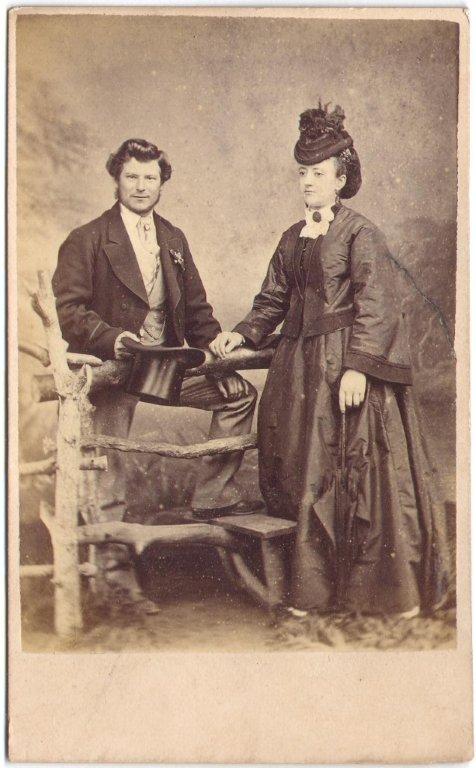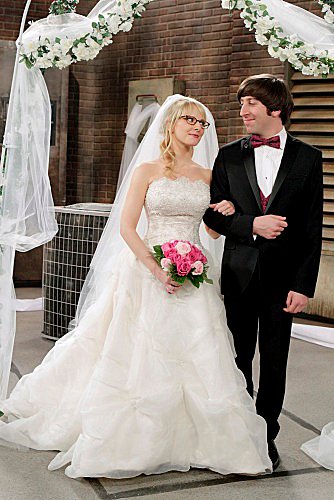As we have been hearing nowadays, marriage is in the ICU. Divorce rates are depressingly close to 50%, and our own community has also reflected a rising rate of "calling it quits." Yet marriages that are happy are happier than they have ever been before.
Eli J. Finkel's "The All-or-Nothing Marriage" explains the evolution of marriage in the last few centuries. The first model, "institutional marriage," was based more on the home being like a company. A man and woman have to eat, so they would join forces. If they got along, even better.

In the mid-1800s, with the establishment of cities and factories, farm life no longer the primary means of survival, "companionate marriages" arose. When men earned good incomes outside of the home, instead of relaying on subsistence agriculture, "love" became more of an option, a benefit of affluence. This new version of marriage lasted until the mid-1960s, according to Finkel.


Now: "Self-expressive marriage," that the right partner will inspire one to know thyself, and become better.
As a psychologist, I could not help noticing that this history of marriage echoes the classic “hierarchy of needs” outlined in the 1940s by the psychologist Abraham Maslow. According to Maslow, human needs fit into a five-level hierarchy: The lowest need is that of physiological well-being — including the need to eat and drink — followed by the need for safety, then for belonging and love, then for esteem and finally for self-actualization. The emergence of each need characteristically depends on the prior satisfaction of a more basic need. A person unable to satisfy the need for food, for example, is wholly concerned with meeting that need; only once it is met can he focus on satisfying the need above it (safety), and so on.
My colleagues and I contend that an analogous process has occurred in our expectations about marriage. Those expectations were set at the low levels of Maslow’s hierarchy during the institutional era, at medium levels during the companionate era and at high levels during the self-expressive era.
It is just as I suspected. When one is scrabbling nourishment from the dirt, there isn't much time to dwell if your wife "gets you," or if your husband shares the same "hashkafos." Excuse me, trying to survive over here. But when all your basic needs are met, then the secondary needs are met, then even the third, and the fourth—you've got a lot of thinking time on your hands.
It is no longer work to keep a house heated; no more chopping wood, no more hauling coal! Yet it cannot be expected that there should be no effort at all anymore in anything; merely, the arena that demands work has shifted.
To relationships.

Spending time interacting with significant others is vital to keep marriages healthy and happy, and it has been shown that those with small incomes have higher divorce rates because work eats up all of their time.
First and foremost, couples can choose to invest more time and energy in their marriage, perhaps by altering how they use whatever shared leisure time is available. But if couples lack the time and energy, they might consider adjusting their expectations, perhaps by focusing on cultivating an affectionate bond without trying to facilitate each other’s self-actualization.
The bad news is that insofar as socioeconomic circumstances or individual choices undermine the investment of time and energy in our relationships, our marriages are likely to fall short of our era’s expectations. The good news is that our marriages can flourish today like never before. They just can’t do it on their own.
2 comments:
I always wondered: Howard is a big fan of Battlestar Galactica = BSG
Then he married a blonde shiksa goddess = BSG
Coincidence?
Hmmm . . . I think not.
Post a Comment